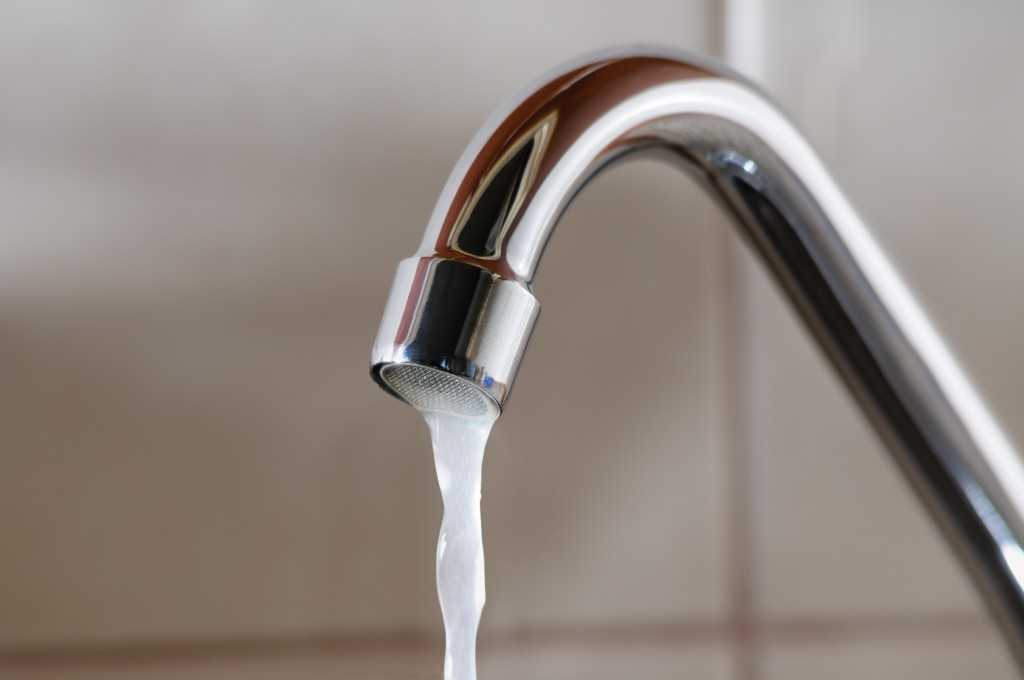 Minor shifts in the daily habits enable people to save a conserve a significant amount of water. The article highlights some of these changes to let people embrace the concept of water conservation at the household level.
Minor shifts in the daily habits enable people to save a conserve a significant amount of water. The article highlights some of these changes to let people embrace the concept of water conservation at the household level.
In response to the dwindling water supply in the world, serious efforts are being channelled towards using water responsibly. Global warming, water-intensive agricultural and industrial practices are some of the significant factors contributing to the water shortage.
As a result, many people resort to water bore drilling, Carlyle Drilling reports. This ensures a constant water supply to their homes, business premises as well as their farms. Emerging technology makes it possible to sink wells in water scarce areas with relative ease. Although a borehole provides a constant and reliable source of clean water, it is important to use it responsibly.
Here are a few pointers to help you conserve water in your household.
Use a cup while brushing your teeth
Keeping the tap running as you engage in this early morning and nightly rituals waste lots of water. Turning off the taps conserves copious amounts of water since these are daily habits with each member of your household. Collect the water that flows down a sink as you brush your teeth to get an actual picture of the amount of water that goes to waste all year round.
Modify your toilet’s cistern
If you do not have the budget to install water efficient toilet tank, you can reduce the amount of water the current one uses. Simply fill a two-litre plastic bottle with water and slide it into the cistern. The bottle displaces water, reducing the amount of water necessary to fill it up.
Use the shower rather than a bathtub
Taking a bath uses almost twice as much water as taking a shower. Again, you can collect the cold water flowing from the showerhead as you wait for the warm water to flow and use it to water your plants. Rather than flow down the drain, you put the water to good use.
Water conservation efforts often require small painless adjustments in your everyday habits rather than drastic, sweeping lifestyle changes.

